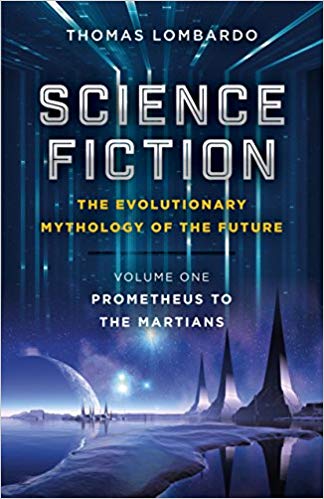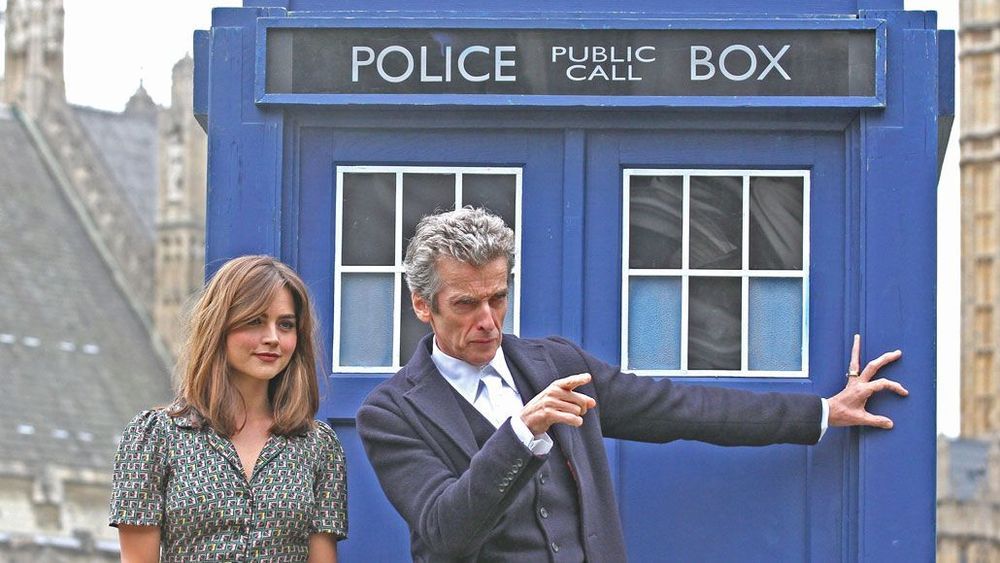O.o.
Andy Pero, a survivor of the mind control tactics used in the Montauk Project experimentsinsights and repressed memories about his experience at secret military bases. Andy Pero underwent a program which used traumatic mind control and psychic power tactics similar to those used in the Montauk Project.
In an interview (read the full interview below) with Eve Frances Lorgen, Andy Pero shared his experience with trauma-based control of the mind and the Montauk explorations in consciousness. He recalled sessions where he was tortured and put through shock treatments. This is done to have the ability to reprogram participants to do things they were not able to previous to the programming.
According to so called conspiracy theories Mind control facilities are located all over the country. There is one in Rochester, New York, one in Paramus, New Jersey, Atlanta Georgia, at Dobbins Air Force Base, and one in Montauk, Long Island at Dobbins at Camp Hero.





